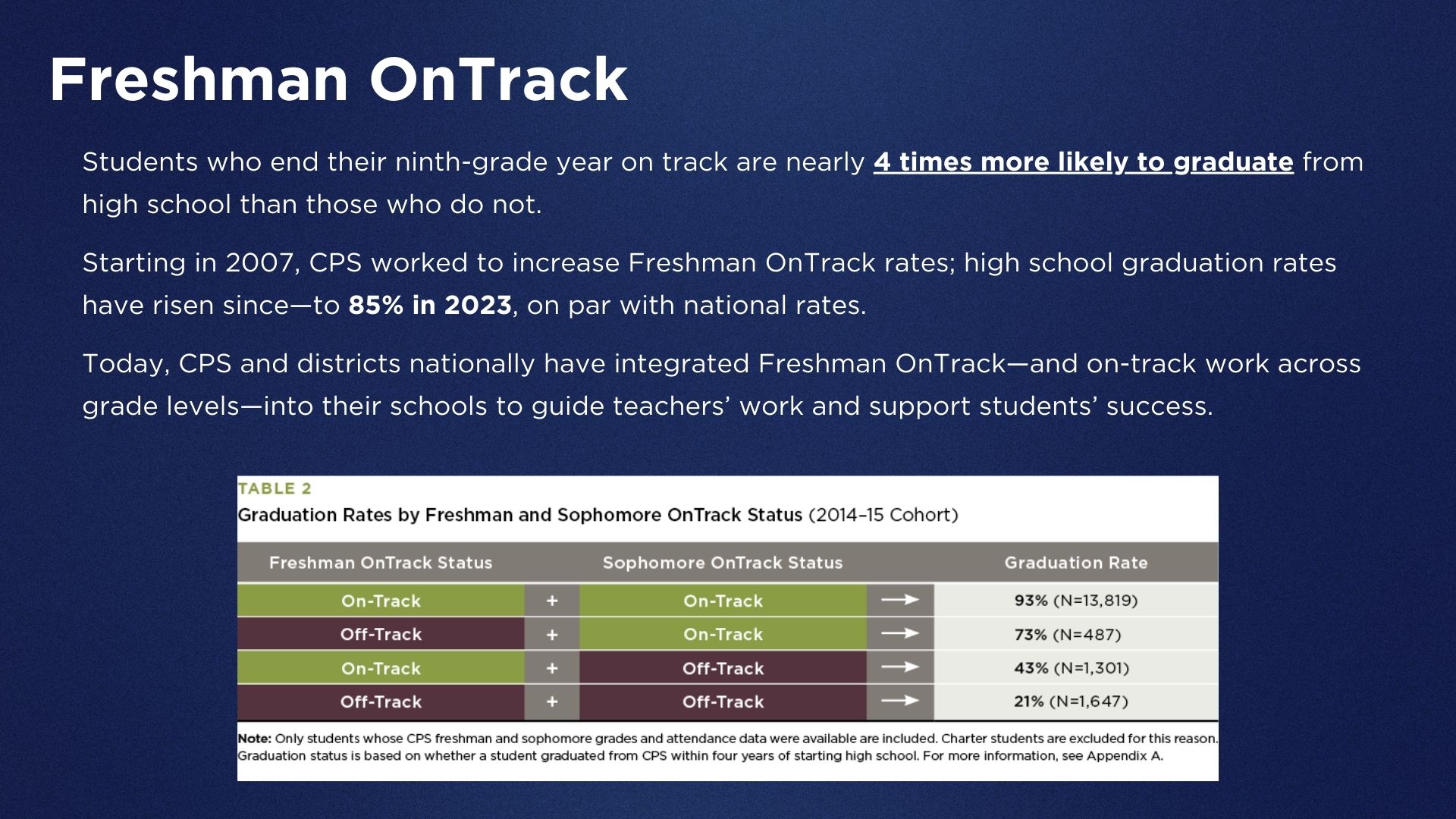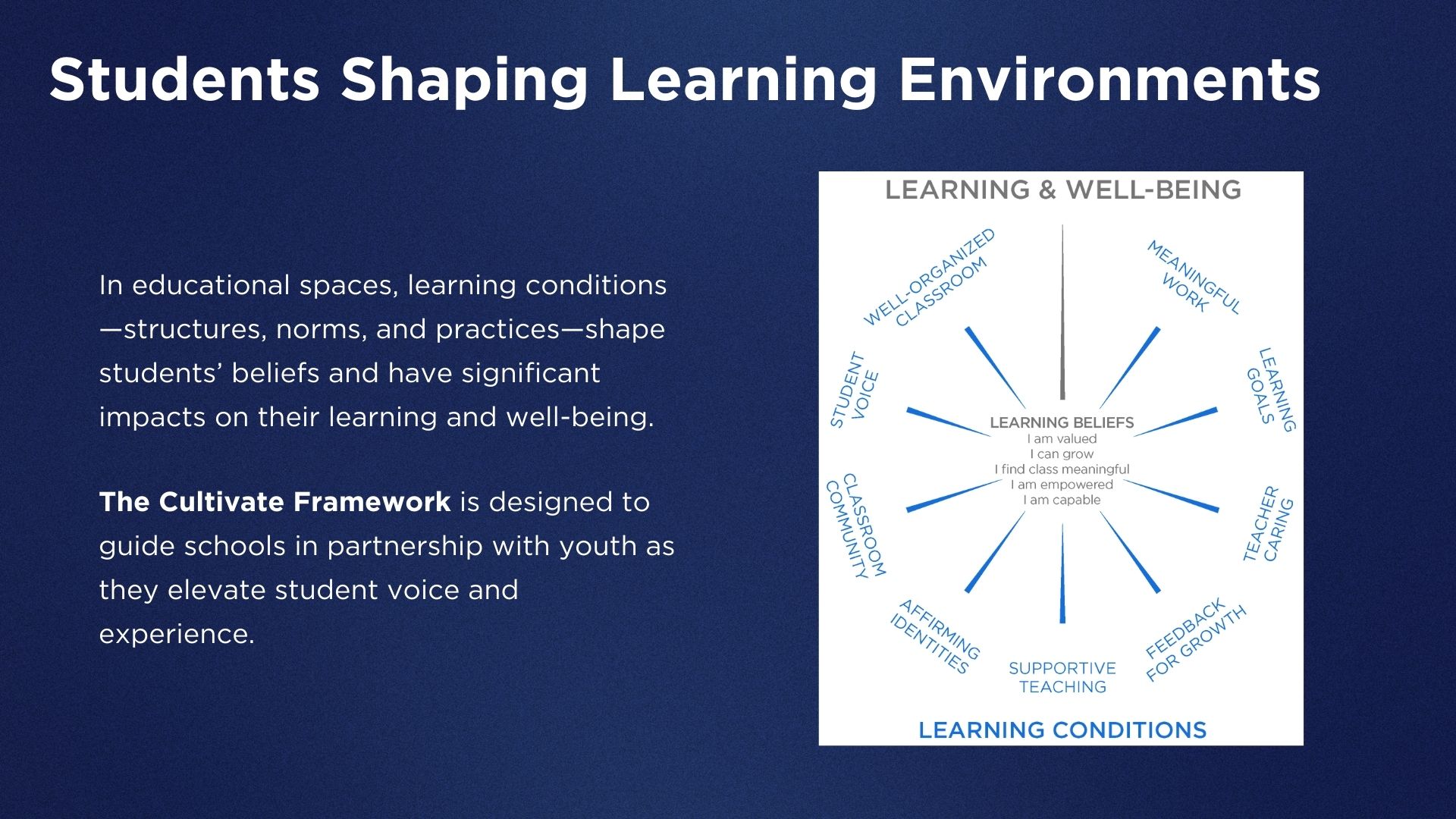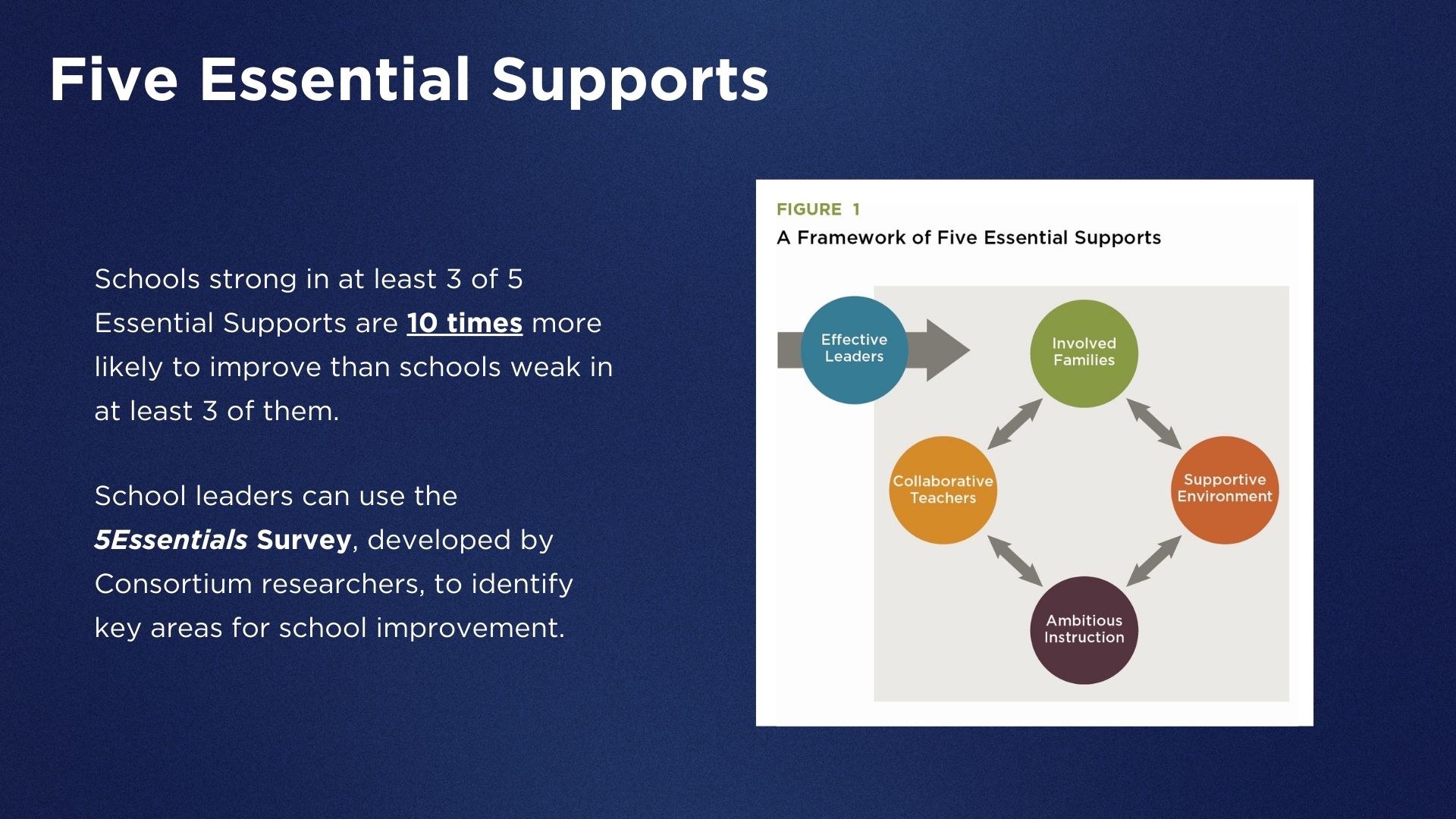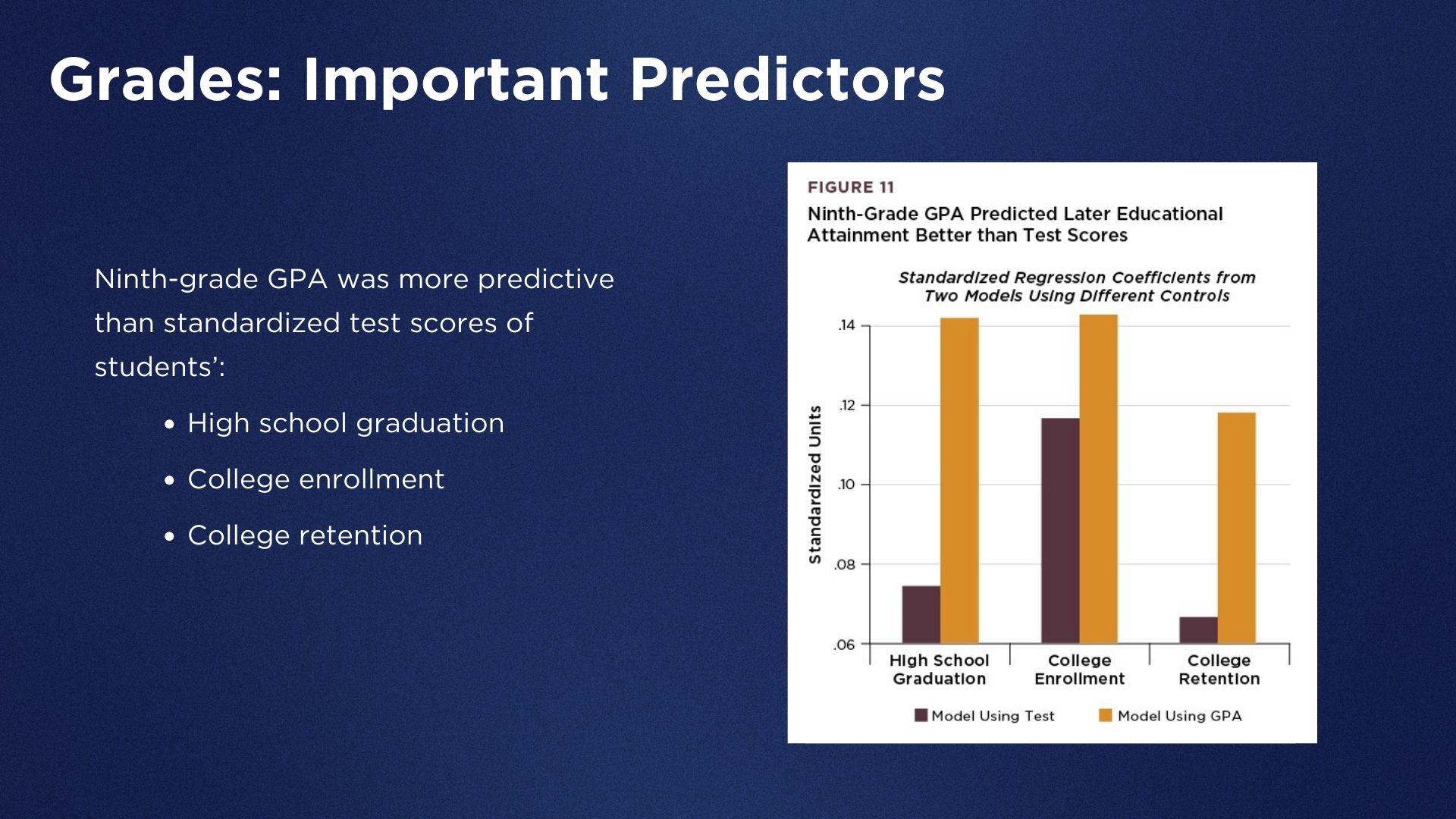UChicago Consortium on School Research
Mission
The UChicago Consortium on School Research conducts research of high technical quality that informs and assesses policy and practice in the Chicago Public Schools (CPS), with the goal of supporting stronger and more equitable educational outcomes for students. The UChicago Consortium encourages the use of research in policy action and practice but does not advocate for particular policies or programs. Rather, we help to build capacity for systemic school improvement by identifying what matters most for student success, creating critical indicators to chart progress, and conducting theory-driven evaluation to identify how programs and policies are working.
Vision
We seek to expand communication and collaboration among researchers, policymakers, practitioners, families, and communities in working toward schools where all students thrive.
The UChicago Consortium has distinguished itself as a unique organization, conducting research of high technical quality that is accessible to practitioners and policy makers and that is used broadly by stakeholders working to improve schools. The UChicago Consortium has established a national reputation for making important contributions to school improvement— both through important and actionable research insights, and through sustained partnership with Chicago educators and policymakers to collectively improve the capacity of the district to use data, build effective strategies, evaluate progress, and improve student experiences and outcomes. UChicago Consortium researchers are sought-out experts who contribute to educational improvements nationally via advisory boards, working committees, collaborative projects, conferences, and frequent media inquiries.
Our core values and beliefs influence our work in many significant ways—from the types of projects we take on to the ways in which we connect with our stakeholders, including policymakers, practitioners, students, and families. Our values have implications for the ways we do our work and how we support one another as we strive to achieve our shared goals. We focus on these core values to guide our work to a future with more equitable experiences, improved outcomes, and opportunities for youth
We believe equitable schools are places where all young people are able to participate fully in learning and have learning environments that are designed to be developmentally appropriate and responsive to the specific needs, assets, and cultures of the young people served by them. We recognize that inequitable outcomes are a product of existing systems of oppression, not the fault of individual learners, and working towards equity requires challenging structures that reinforce inequities based on race, ethnicity, family income, gender or sexual orientation, and any other sociocultural factor. We envision a future where schools provide the resources and supports that allow all young people to thrive academically, politically, and socially.
Our work is strongest when we leverage the insights and expertise of people both inside and outside the UChicago Consortium. We actively solicit feedback in our work because our collective approach helps us achieve greater impact than we could have as individuals working in isolation. We are committed to engaging a wide variety of stakeholders, including organizations and individuals who are diverse in their roles and lived experiences. To ensure our research is relevant, we work closely with practitioner partners on co-developing research questions. We leverage the expertise of our partners in the field throughout our research—learning about contextual factors, developing insights, and honing the implications from key findings.
The success of the UChicago Consortium is defined by our mission to do research that supports stronger and more equitable outcomes for students in Chicago and the nation. We believe that adults can get better at serving students and that systems that produce inequitable educational outcomes for students can be transformed.
The Consortium in Action

Check out key findings in our Freshman OnTrack, Sophomore OnTrack, and Elementary OnTrack reports & resources
The UChicago Consortium collaborates closely with CPS and other organizations, asking policymakers and practitioners to help shape the research, so that it is relevant to problems of practice. To maintain intellectual independence while carrying out research in collaboration with partners, the UChicago Consortium relies on internal and external oversight and transparency of results. The UChicago Consortium strives to observe the highest scholarly, scientific, and professional standards in the collection, analysis, interpretation of data, and reporting of research.
Our full policy on intellectual independence and transparency provides more details
We work in collaboration with partners to conduct actionable research focused on Chicago Public Schools, answering questions that are relevant nationwide. Our research findings spark new insights and actions—from educators, school leaders, district leaders, policymakers, parents, young people, community members, and other researchers—toward improved educational experiences and outcomes for all students.
For over three decades, we have fostered a research-practice partnership with Chicago Public Schools to enhance systemic school improvement. Our Steering Committee, composed of key institutional and individual members, plays a crucial role in shaping our research agenda and reviewing ongoing studies.
We partner with parents and community leaders, connecting them with tools and knowledge to actively collaborate in creating high-quality, student-centered school communities that support every learner's success.
Our Chicago-centered research has national relevance. We collaborate with policymakers, practitioners, and researchers nationwide, contributing insights through advisory committees, working groups, national gatherings, and media platforms.


